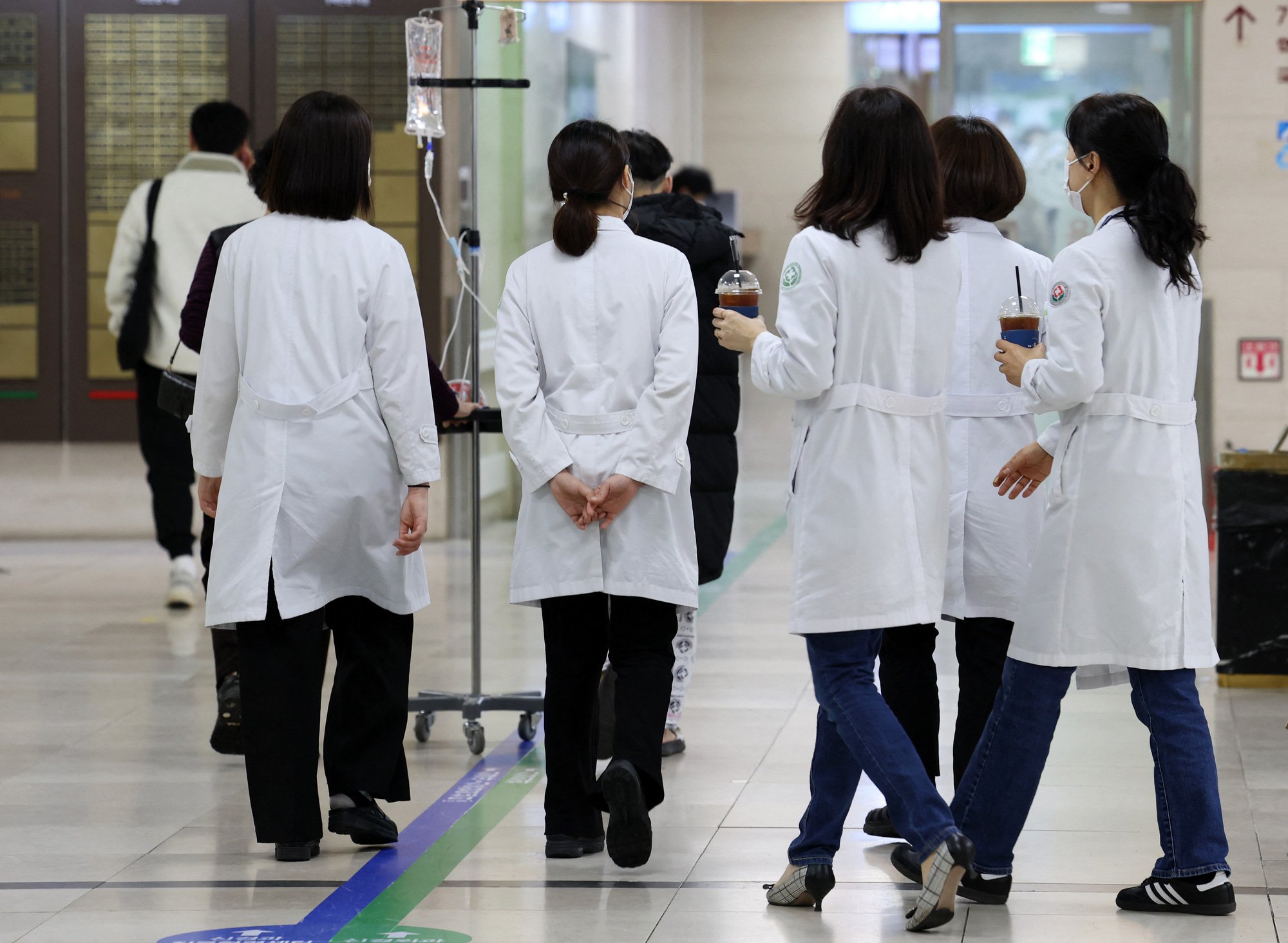
Medical staff at a university hospital in Gwangju, South Korea, February 19 - Photo: AFP
AFP news agency quoted the South Korean Health Ministry as saying that nearly 6,500 of the 13,000 doctors and interns at major hospitals had applied for leave, or nearly half of the workforce. About 1,630 of them had officially quit their jobs.
The situation is chaotic.
South Korean President Yoon Suk-yeol said the government will not back down from “necessary” reforms, which he said were essential to prepare for the country’s rapidly aging population.
Specifically, the Yoon administration wants to increase the number of students admitted to medical schools by 65%, or 2,000 more people each year, starting in 2025.
Seoul has been trying to increase medical school enrollment for the past 30 years without success, and this is the stage where President Yoon feels the need to be determined.
"This increase in quotas falls far short of what is needed to prepare for our country's future," Yoon said, calling on trainee doctors not to "take people's lives and health hostage" by going on strike.
The government has ordered trainee doctors to return to work and police have warned that they will arrest the strike instigators. South Korean law restricts the right of medical workers to strike.
Second Vice Health Minister Park Min Soo told reporters that the strike by trainee doctors had caused many surgeries to be canceled and disrupted many medical services.
The government's top priority, according to Mr Park, is to "maintain emergency services and treatment for serious cases at major hospitals" to "avoid situations where patients with serious illnesses cannot receive treatment".
Asan Medical Center in Seoul, one of the country's largest general hospitals, told AFP that its emergency room was operating normally on February 20 but that it had to make "some adjustments".
"Some surgeries have been postponed due to the current situation," the hospital's PR department said.
Doctor's Discontent
South Korea says it has the lowest doctor-to-population ratio among developed countries and so the government is working to increase the number of doctors.
But the plan has faced opposition from doctors and trainees, who argue that increasing the number of medical school places will affect quality.
Meanwhile, supporters of the government's plan say doctors are mainly concerned that the reform could affect their salaries and social status.
According to AFP, South Koreans support the government because they are tired of long hospital waits. A recent Gallup Korea poll showed that more than 75% of respondents supported the government's plan, regardless of political party.
Source



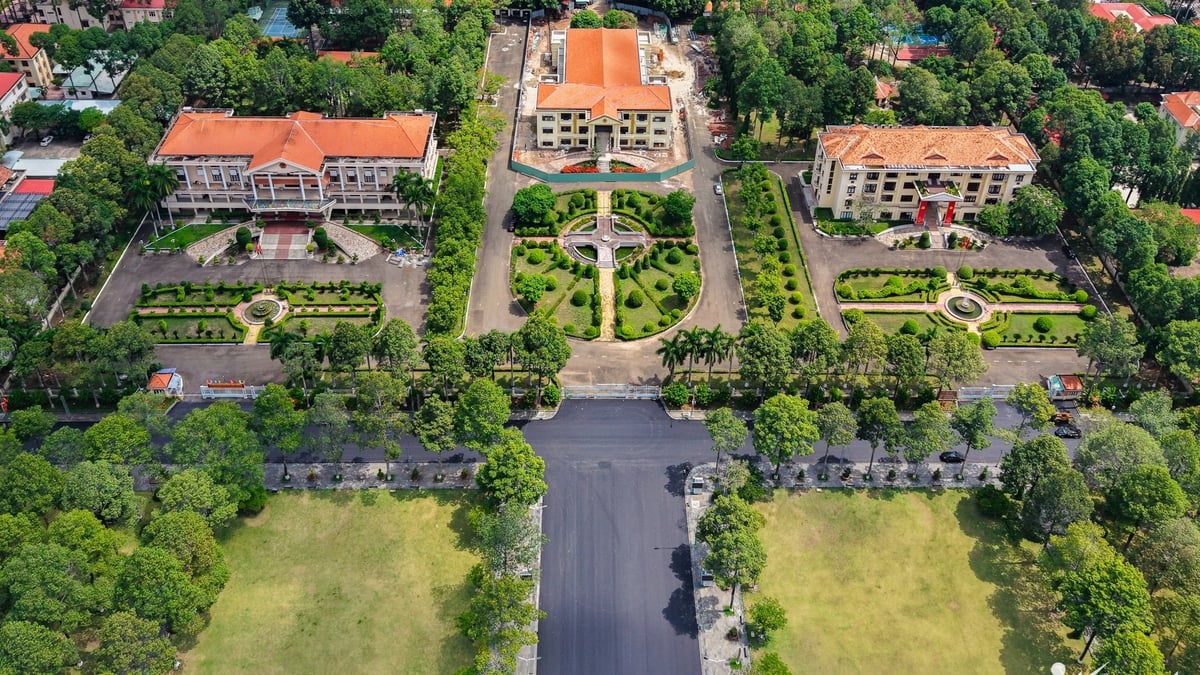











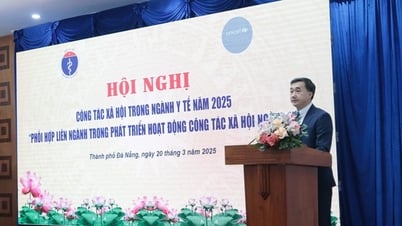

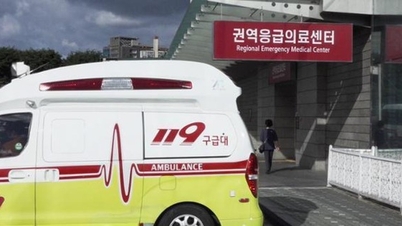



















![[Photo] Prime Ministers of Vietnam and Thailand visit the Exhibition of traditional handicraft products](https://vphoto.vietnam.vn/thumb/1200x675/vietnam/resource/IMAGE/2025/5/15/6cfcd1c23b3e4a238b7fcf93c91a65dd)











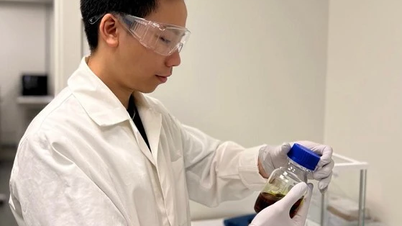




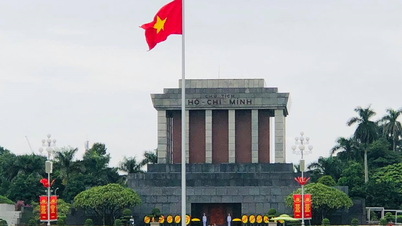












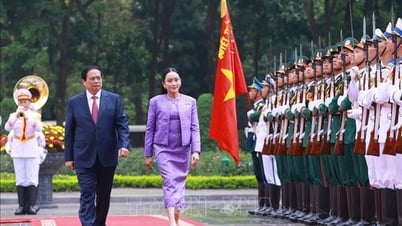

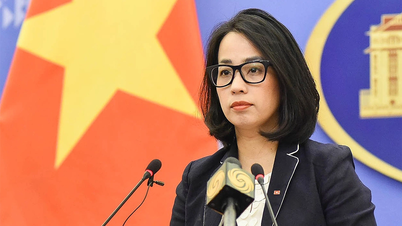


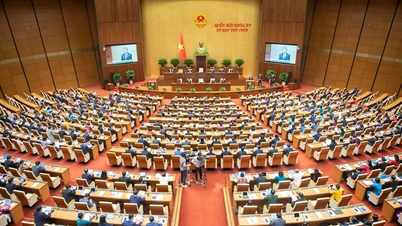







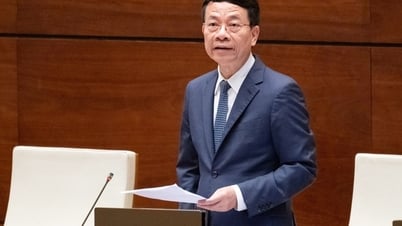






















Comment (0)